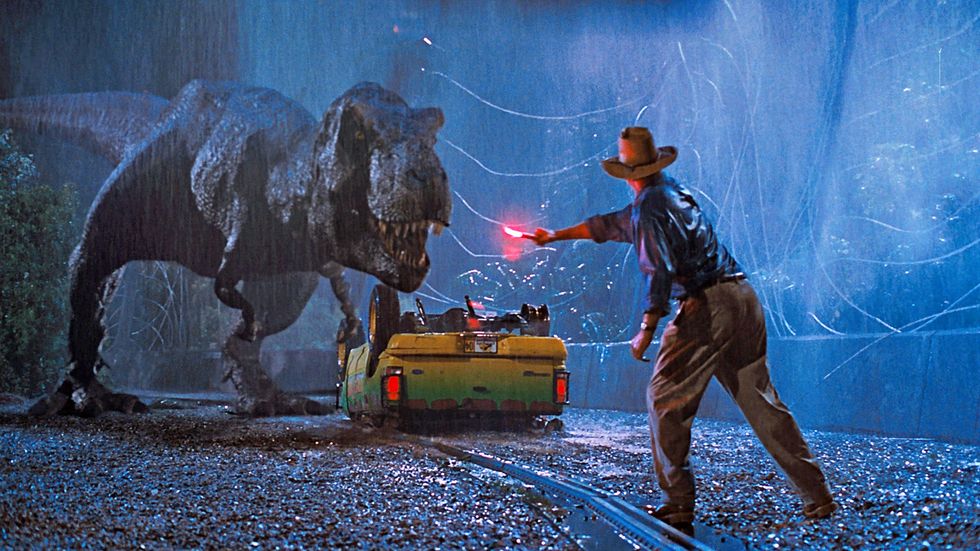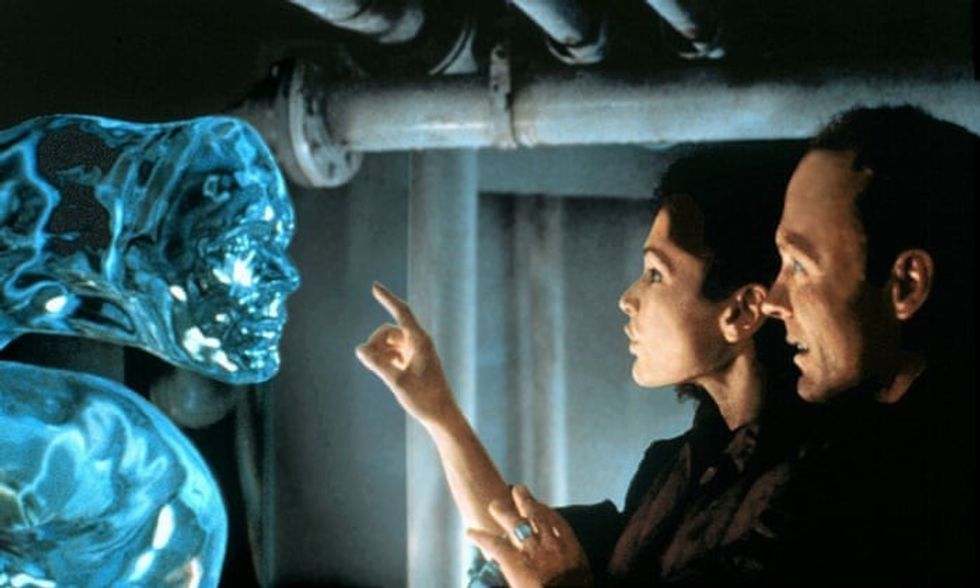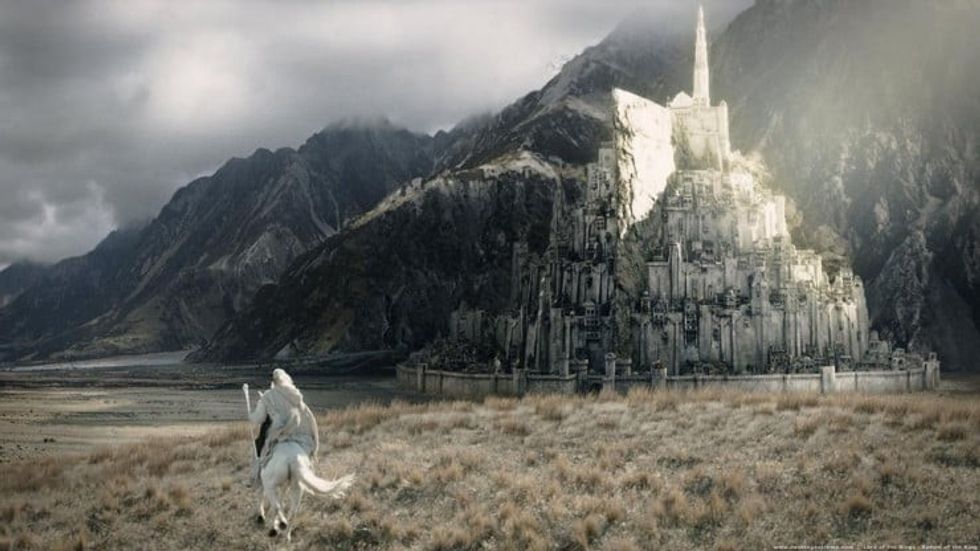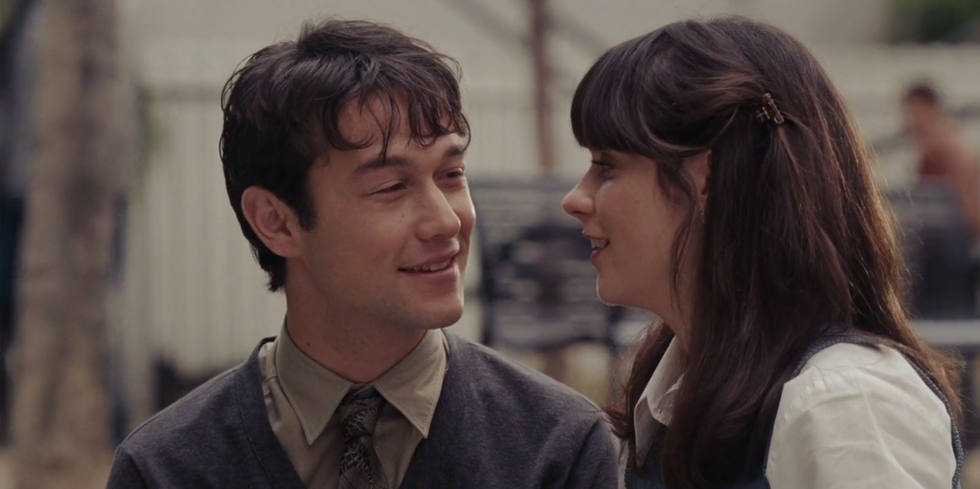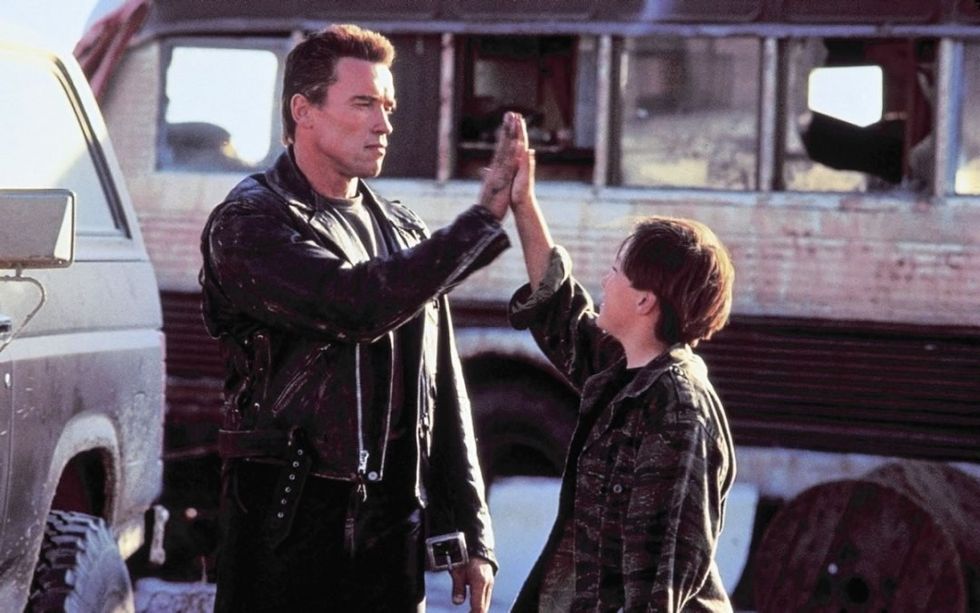Does 'Joker' Owe Some of Its Success to the Chaos on Set?
According to director Todd Phillips, set life on Joker "felt like the inmates were running the asylum," which was actually a really good thing.
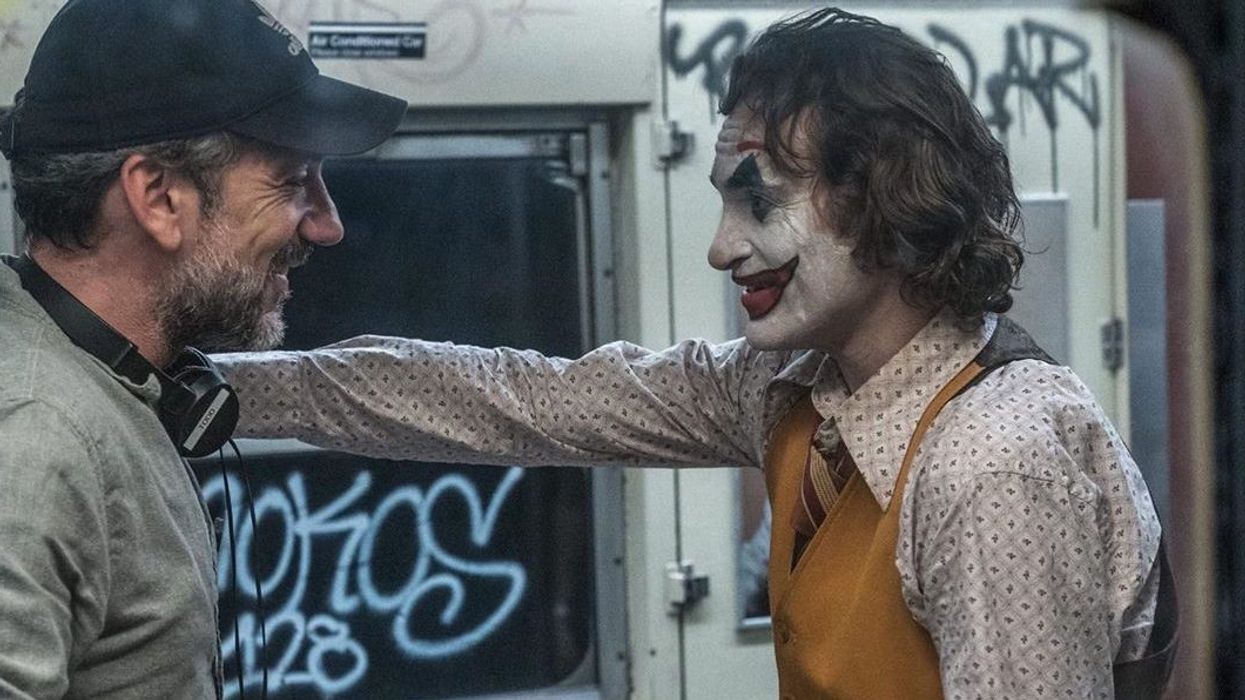
Joker was one of the most polarizing films of the year, if not the entire decade (though loving or hating Spring Breakers still results in cinephilic throwdowns to this day). However, most people in the film community are in agreement that what Todd Phillips and his team managed to do was rather special: make a 60 million dollar superhero movie that wasn't quite a superhero movie. Joker was entirely about a supervillain, and it still reached superhero movie box office sales... a little over $1 billion.
It makes you wonder how they did it. What did the Joker team tap into in order to produce the critical success of a dark character study, but with the box office receipts of a comic book tentpole?
We spoke to Joker DP Larry Scher about the process on the No Film School Podcast:
In his interview with Indiewire, Todd Phillips offfered some answers as well as sharing a number of interesting facts about Joker's production. Check it out below:
Phillips touches on a lot of interesting aspects of the film, including writing a film that was difficult to sell, getting criticized early on for his comments on "woke culture," and working with other departments to make the film look "grounded."
However, one of the more salient insights he brings up is the freedom he was able to give his actors to perform exactly way they wanted to. Not just on the Joker set, but on all of his sets. Recalling a comment he received on the Due Date set, he says, "I was doing a movie with Robert Downey Jr. and Zach [Galifianakis]... and Robert came up to me one day and said, 'I feel like we're making a student film.'" Phillips continued, "I took that as a compliment; I knew what he meant. It just felt like the inmates were running the asylum, and I think that makes an actor feel really free to try things and free to fuck up, quick frankly."

What was that "agent of chaos?" Well, maybe it's the improvisation on set. Phillips shares an anecdote about how filmmaking is "jazz" rather than "math," and if you've ever played improvisational music like jazz, then you know that part of the reason you love the experience is that it's a little scary. Phillips comes from a comedic background so he is well-versed in using improvisation to allow actors to take risks, "use the space," and get weird.
It's interesting... the acting method he used to make his funny films funnier turned this dark film darker.
Joker's painful laughter makes a little more sense now.

